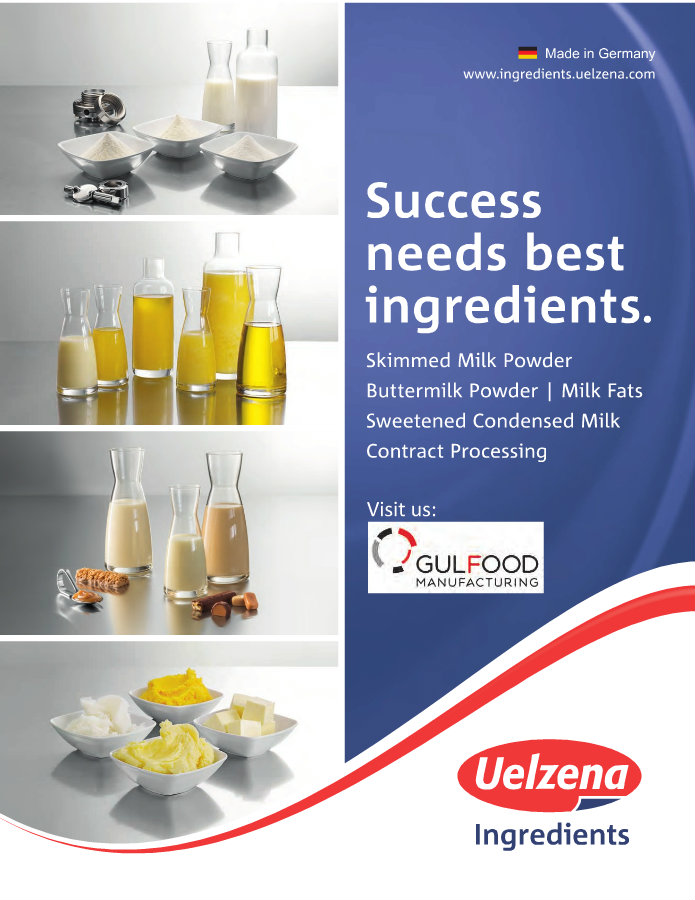

The Institute of Food Technologists (IFr) recently submitted written comments on the use of the term natural in the labelling of human food products. The current policy for the term "natural" on food labels is vague and leads to misinterpretation, confusion, and misuse of the term, it said and, in order to prevent and reduce consumer confusion, IFT is recommending that the U.S. Food and Drug Administration (FDA) consider either prohibiting the term entirely or clearly defining the term.
If the FDA decides to define the term, IFT recommends that they consider setting stand ards or guidelines for the term such as how USDA has for "organic." Once the standards are set, harmonization should be sought for all federal agencies who regulate labelling of food and beverage products sold in the United States so there is consistency on what the term means, IFT said.

IFT recommends the FDA give careful consid eration to the critical roles (such as food safety, preservation, nutritional quality, convenience, and availability) of various food processing technologies whether applied to a single ingredient or finished food product. Virtually all foods are processed to some degree, IFT notes: for example, fresh produce may be washed and bagged, nuts may be shelled, and grains have outer coatings removed, thereby leaving very few foods which would qualify as unprocessed. It will be very difficult to categorise foods as "natural", IFT believes, based on the degree of processing: if the definition of "natural" was limited to unprocessed foods, very few foods would be able to bear the "natural" label.
IFT also said it encourages consumer educa tion on the definition of the term "natural," as well as the standards or guidelines that qualify a food product to include this term on its packag ing. IFT also thinks it's important to educate consumers on how specific foods and ingredi ents with or without the "natural" label fit into their dietary patterns.




